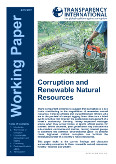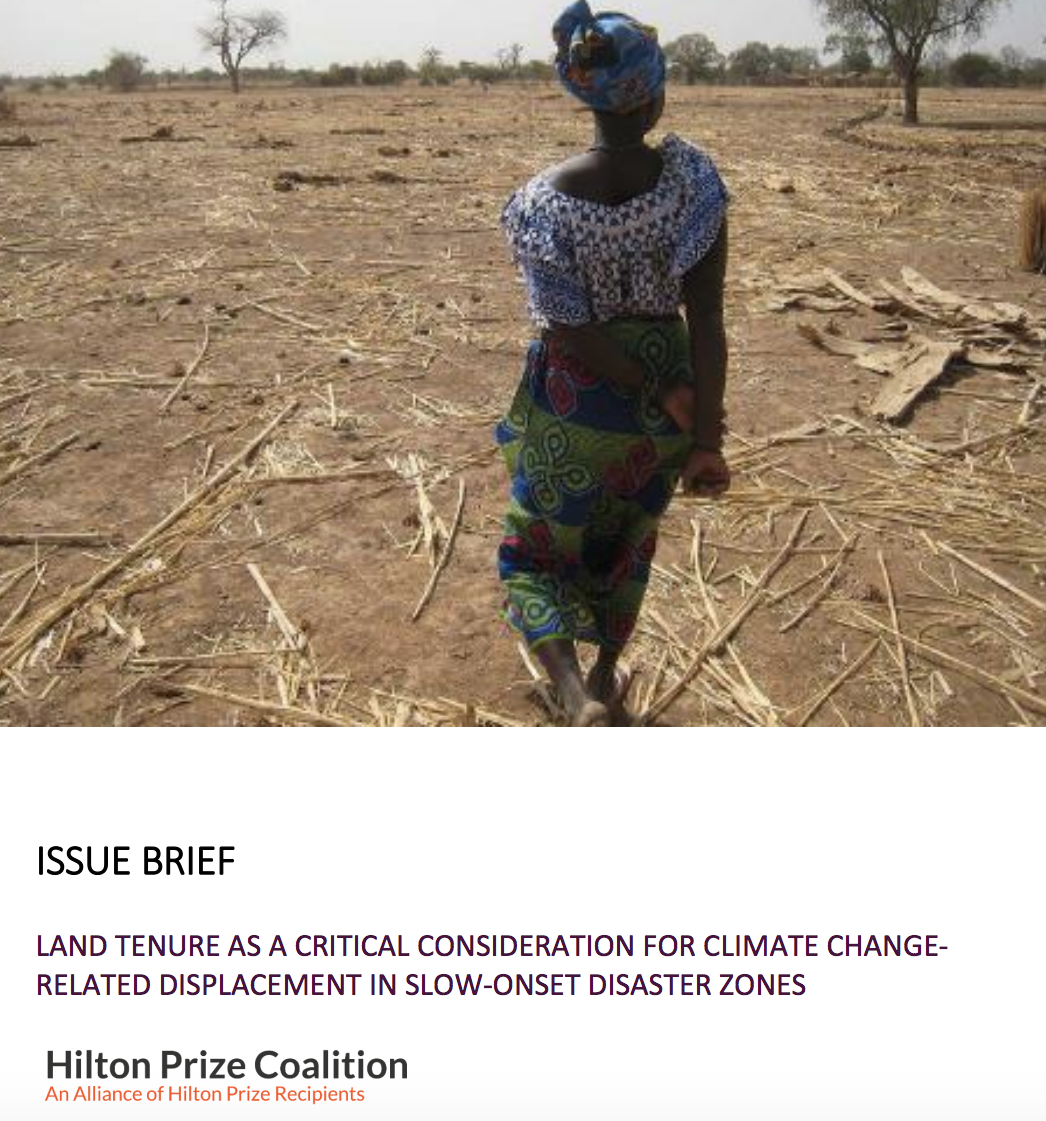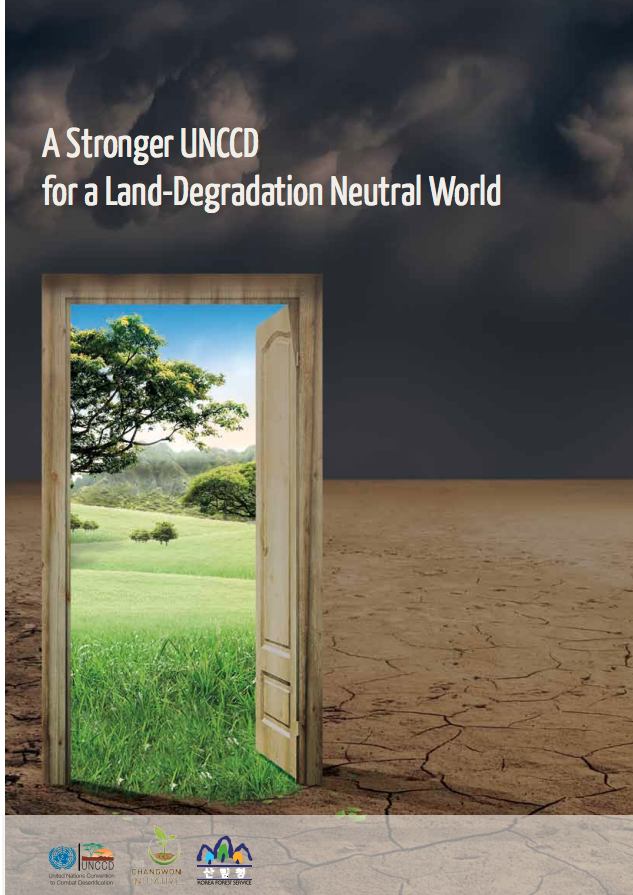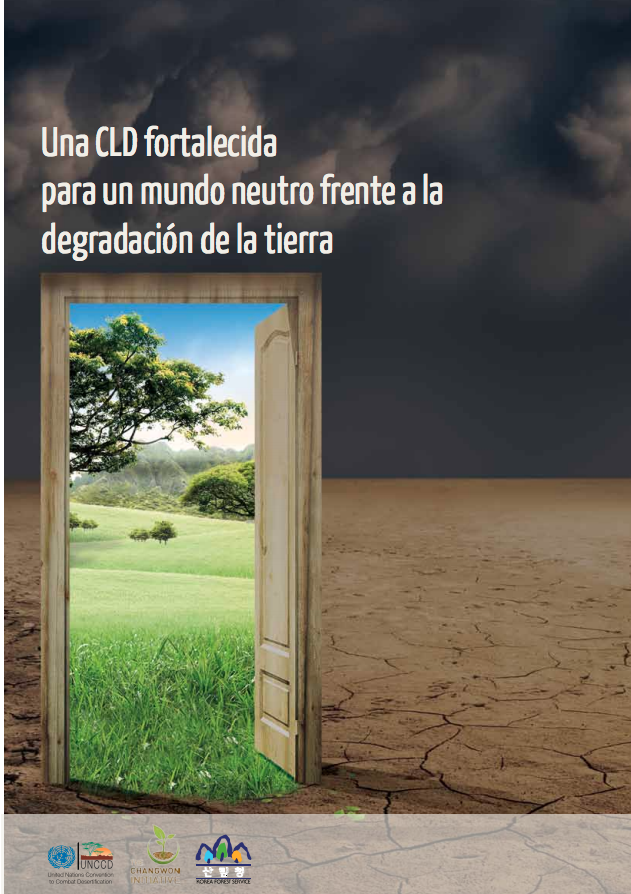Shift in herders’ territorialities from regional to local scale: the political ecology of pastoral herding in western Burkina Faso
In Burkina Faso, livestock sedentarization programmes are still at the top of policy makers’ agendas and at the heart of their discourse, despite huge changes in land cover, land use and territorialities in rural areas. This paper contributes to the literature on the impact of livestock policies targeting the sedentarization of pastoralism in sub-Saharan Africa by specifically highlighting the territorial consequences of such policies.










